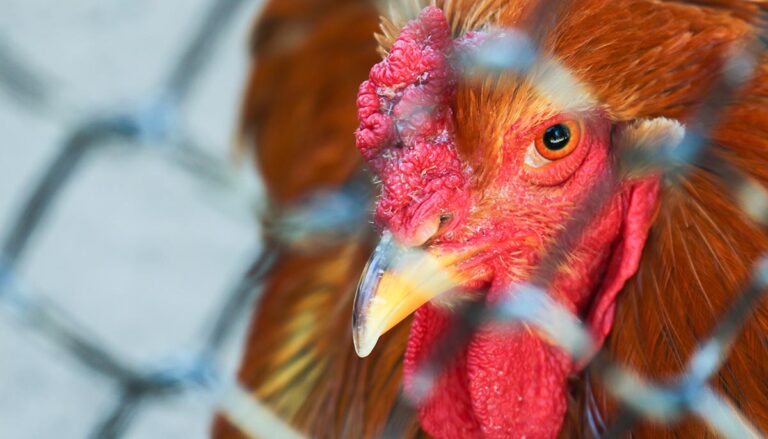The first person known to have died from the H3N8 subtype of avian influenza, or bird flu, has been recorded after a 56-year-old woman in China passed away, according to the WHO.
First-ever human death from bird flu H3N8 occurs in China
Three people have now officially been recorded as being infected with the H3N8 subtype of avian influenza, also called bird flu, with the first two cases being recorded last year and all occurring in China.
This week, the World Health Organization (WHO) reported the first-ever incidence of a human dying from H3N8, which occurred in the southern province of Guangdong. In addition to being the first recorded death, the 56-year-old woman was also only the third person known to have been infected with H3N8, CTV News reported.
The infection was reported by The Guangdong Provincial Centre for Disease Control and Prevention late last month, but they did not provide details of the woman’s death. However, the WHO said the patient had multiple underlying conditions, as well as a history of exposure to live poultry.
Samples were collected from a wet market the woman had visited before she came ill. The samples were positive for influenza A(H3), said the WHO, suggesting this may have been the source of infection, CNBC reported.
H3N8 is common in birds, and it causes little to no sign of disease. The virus has also infected mammals. The WHO said no other cases were found among close contacts of the infected woman.
Bird flu is common in China
In China, sporadic infections of people with other types of bird flu are common, as avian flu viruses constantly circulate both in large poultry populations as well as in wild birds.
One of the most common types of avian influenza is the influenza A virus, which can infect people. Although it is adapted to birds, it can stably adapt and sustain itself in person-to-person transmission.
The most dangerous type of bird flu with the greatest risk is the highly pathogenic avian influenza (HPAI), and its most well-known strain is H5N1.
Virus appears not to spread between people
The WHO said the strain does not appear to spread between people.
“Based on available information, it appears that this virus does not have the ability to spread easily from person to person,” the WHO said in the statement. “Therefore, the risk of it spreading among humans at the national, regional, and international levels is considered to be low.”
Nonetheless, monitoring of all avian viruses is considered an important precaution, as their ability to evolve and cause a pandemic is well known.





